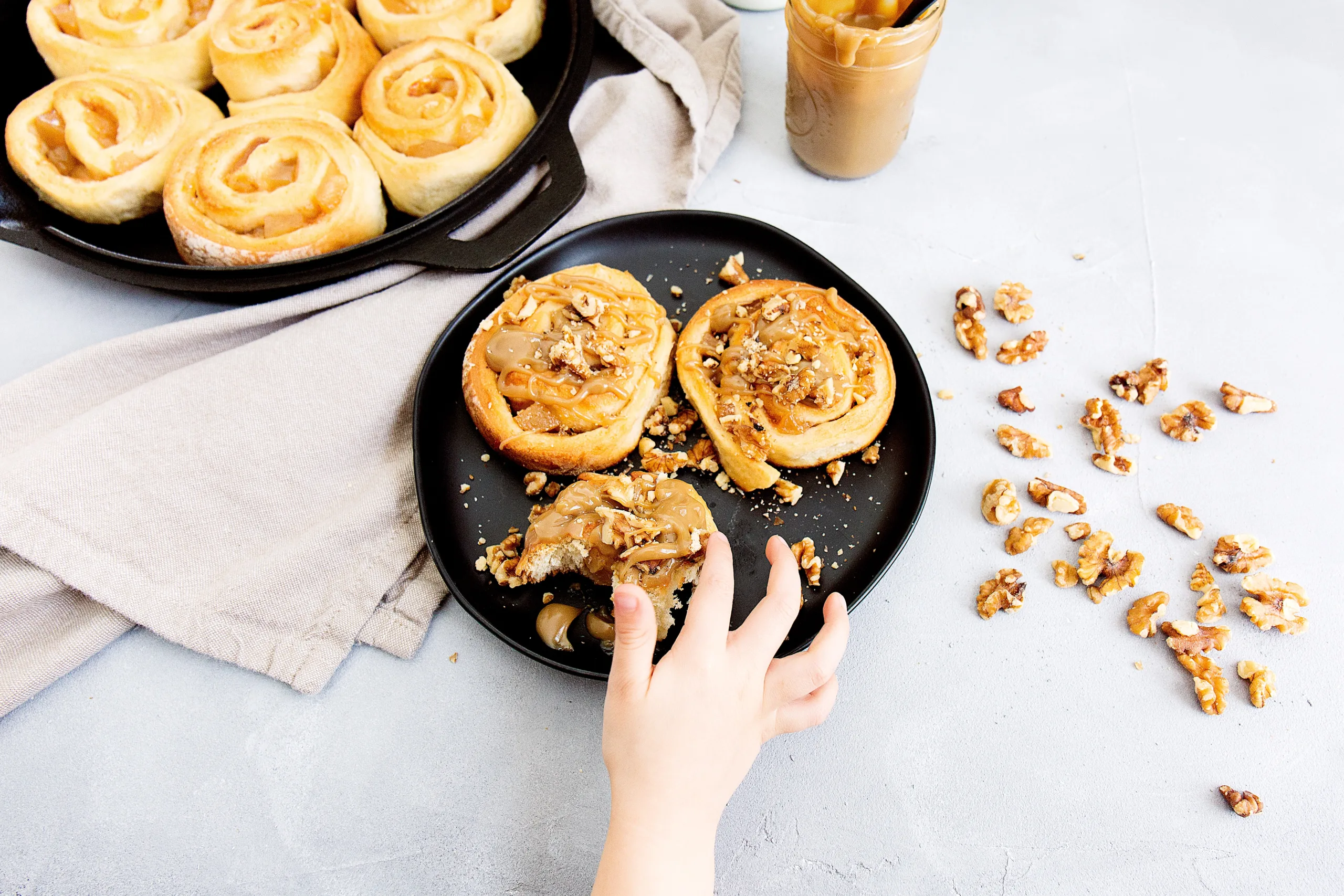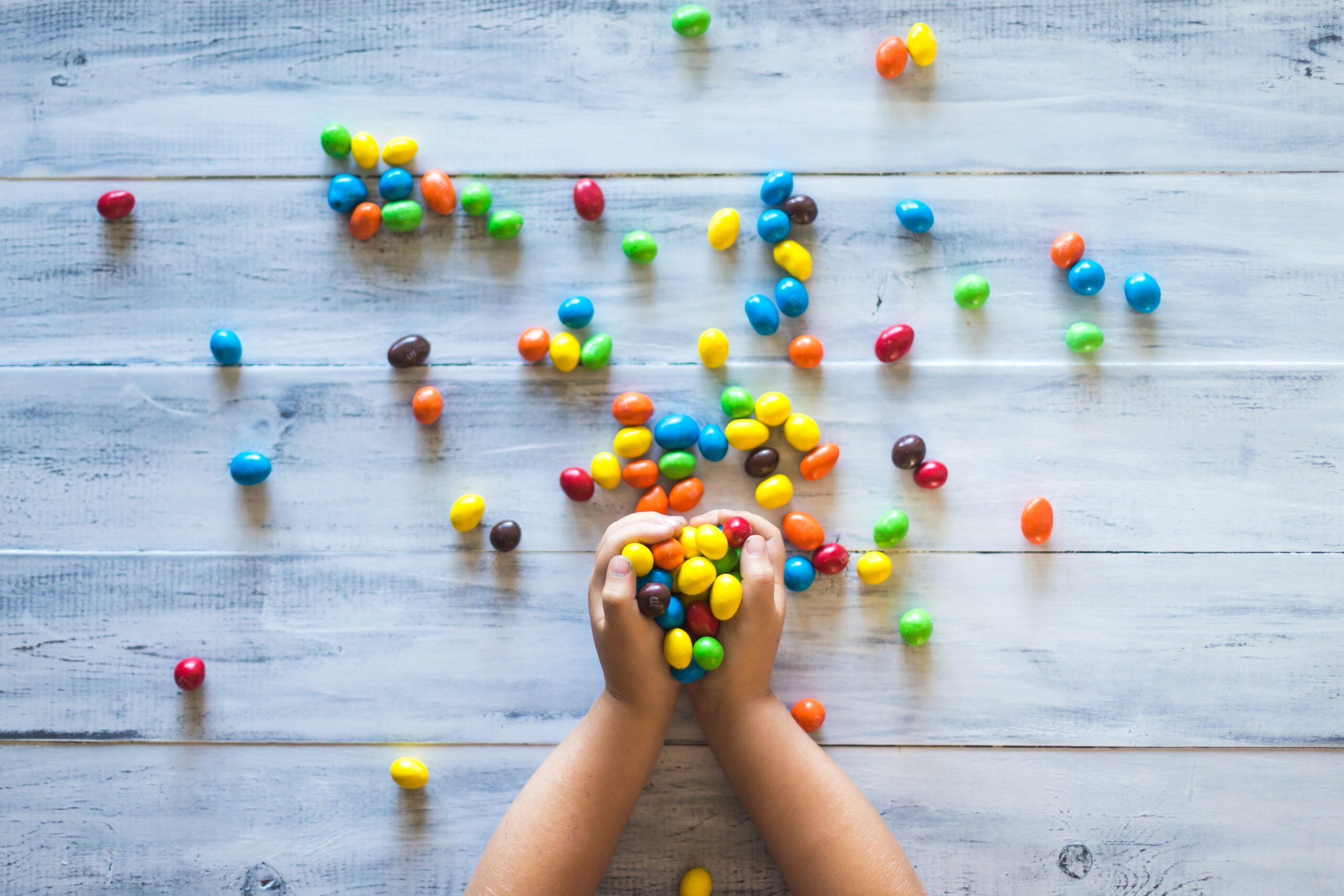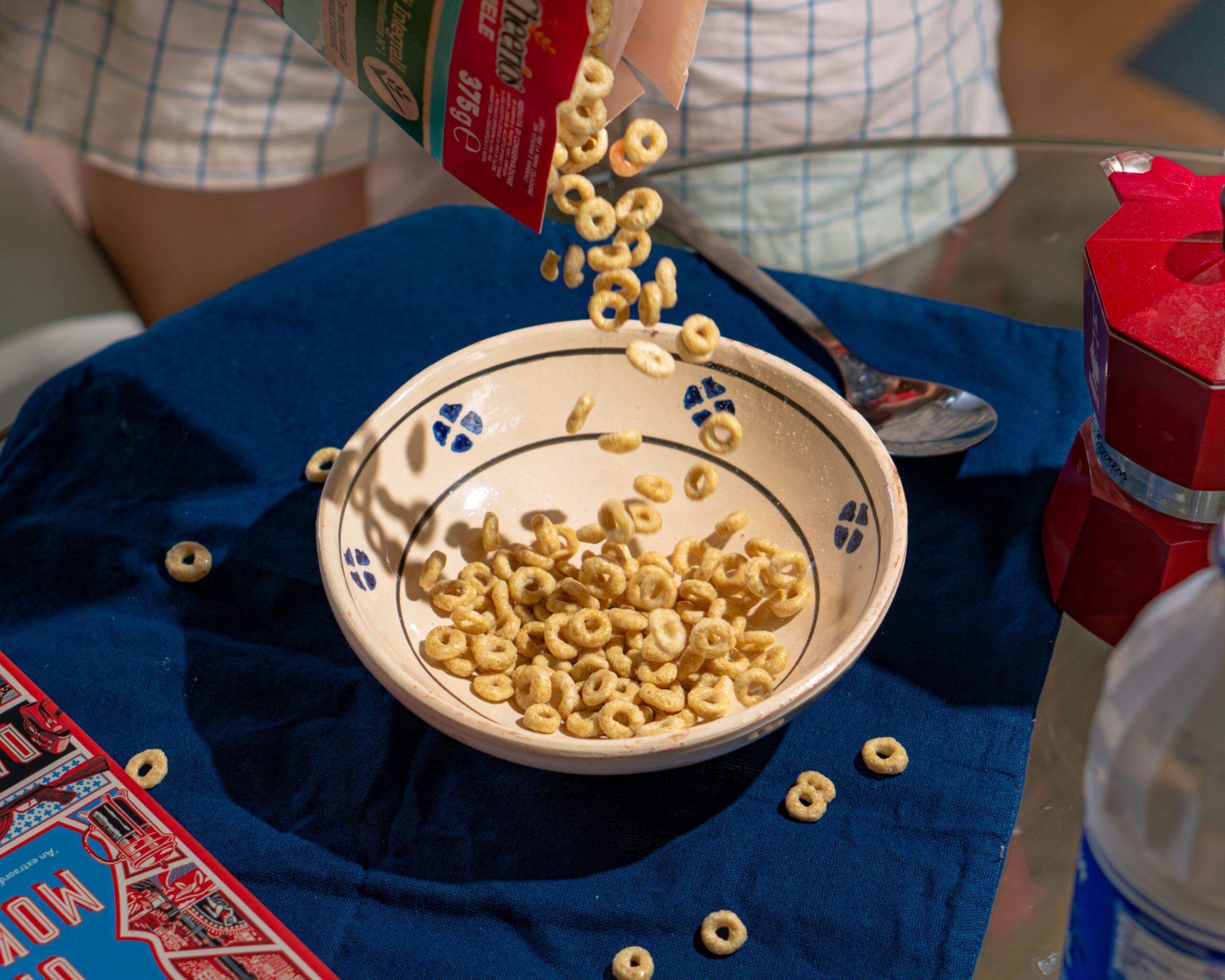If losing weight and living a healthy lifestyle is your goal for the new year, it is important to understand how you relate to food. How can you tell if your food relationship has become dysfunctional? Consider the following questions.
- Do you routinely eat past the point of feeling full?
- Do you tend to overeat during stressful occasions such as family gatherings?
- Do you reach for something to eat even if you are not actually hungry?
- Does eating put you in a trance-like state?
- Do you crave food immediately after an emotional or stressful event?
- Do you feel intense feelings of relief after eating high-calorie foods?
- Do you eat as a way to relax at the end of a workday?
- Do you hide food from other people in your house?
If you answered yes to one or more of these questions, it may be time to take a hard look at your relationship with food. These types of habits suggest that you may be using food primarily to feel better or cope with negative emotions rather than to satisfy hunger.
All relationships with food are rooted in emotional associations. The most common are comfort eating, connection eating and identity eating.
The best-known food association is comfort eating. The reason that certain foods like chicken soup, macaroni and cheese, and apple pie are called comfort foods is because we feel calm and happy when we eat them. We turn to these foods instinctively because they have pleasant associations. But blindly overeating in order to feel better can lead to more than unwanted pounds; it can lead to serious health problems, too.
Some foods we eat are all about a connection with important people in our lives— enter connection eating. Perhaps your mother made the best apple pie or your aunt Betty made the perfect chicken casserole. When we are not with loved ones, we tend to connect with them through foods that remind us of these people. However, seeking out such foods only makes you feel better for a short period of time.
The biggest food association that most people have is about identity, or how we see and define ourselves. For example, say you begin a weight-loss program and start losing pounds, but you become uncomfortable with the “new you” because that new image in the mirror is not how you are used to seeing yourself. This is one of the top reasons why people gain back weight. As they are so used to seeing themselves as overweight, they feel comfortable with that image. This is called identity eating.
Whether you eat for comfort, connection or identity, all three eating patterns have one thing in common: They revolve around the past. In order to break the cycle and create a long-term healthy lifestyle, you need to start looking at how you deal with food in new ways. There are many techniques used to cope with negative emotions. I believe in using our innate creativity as a way to deal with negative emotions, stress and anxiety in a healthy and positive manner. I call this process the creative imperative.
One of the most productive things you can do is to express your emotions through a creative outlet. Creativity can help you identify and show your feelings in a healthy and empowering way instead of reaching for food.
Seven Creative Suggestions for Activities Without Relying on Eating
- Celebrate new memories with picture taking. If you are feeling emotional unease because of a change of circumstances or location, consider taking photographs in your new surroundings to express yourself and rejoice in the present day.
- Rework old memories by making collages or scrapbooking. If you are experiencing the pain of loss, consider composing a collage of photos and memorabilia to reframe your past experiences.
- Get a journal and write down your feelings instead of turning to food.
- Nurture growth. When you are feeling acute emotional pain, try putting that energy into a garden. Perhaps dedicate some of your plantings to loved ones or certain memories. If that doesn’t work, you can just go outside and pull weeds for a while.
- Gift others. If what you create is edible, give it to a friend or people in need. Gifting forms new connections and transforms negative feelings into positive ones.
- Get to know the new you. When the association that you are struggling with concerns identity, consider painting a picture or writing a story about the new you. Getting to know this person in your mind’s eye before you take him or her out on the streets can keep you from running back to your old emotional eating habits.
- Go on an outdoor walk. Exercise helps to combat feelings of anxiety and depression. You also get your much-needed vitamin D from the sun, which boosts your mood.
By understanding how you relate to food and how you feel about what you eat, you can make better choices and feel good about yourself. This will put you on a path toward a healthier you and one step closer to achieving your resolution.



